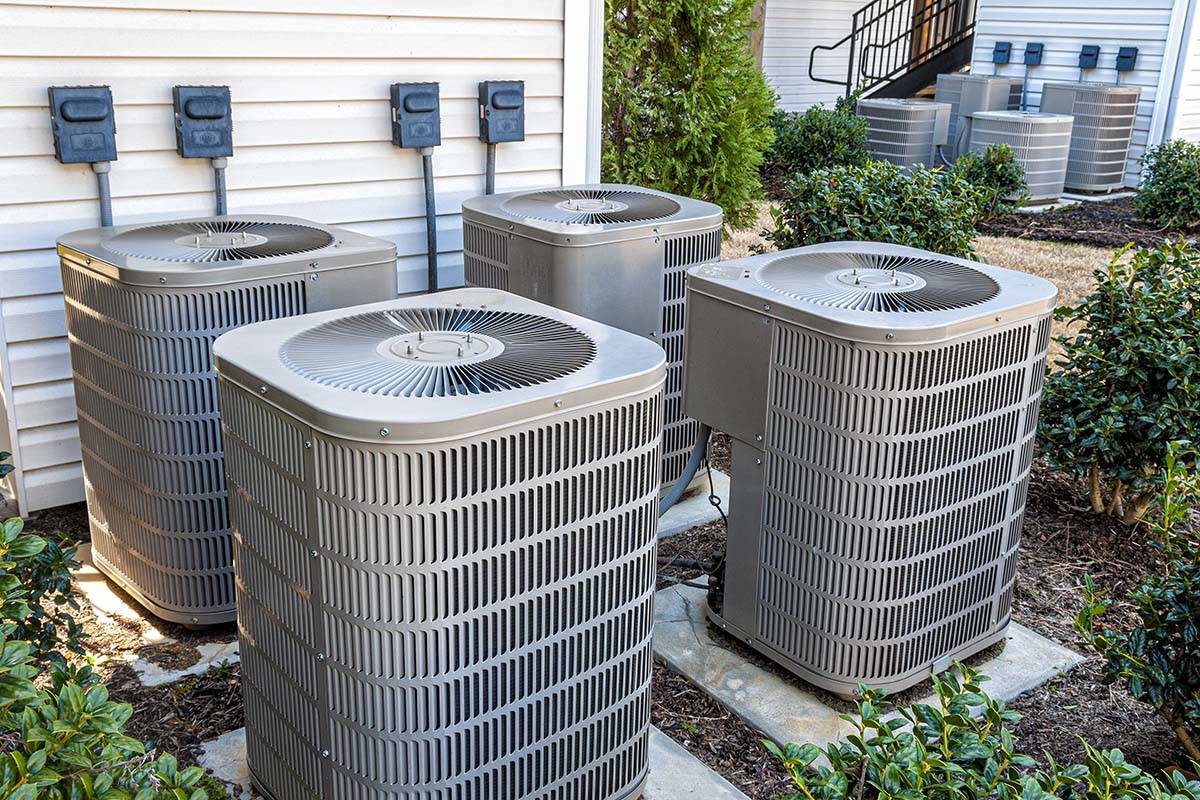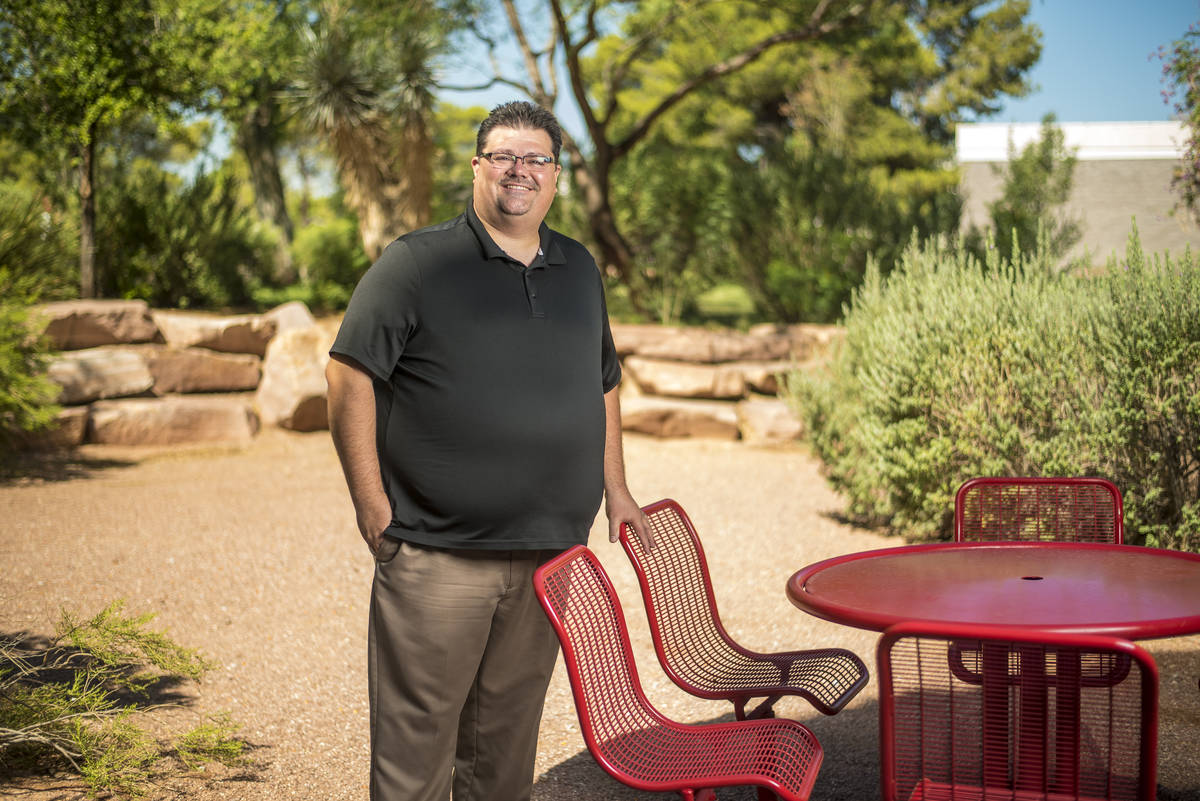Doctors downplay air conditioners’ effect on spread of COVID-19
A study that links air conditioning with a coronavirus outbreak at a restaurant in China is not what Southern Nevadans want to hear about on Wednesday, which is predicted to be the Las Vegas Valley’s first triple-digit day of 2020.
However, area medical professionals say the study’s takeaway isn’t about air conditioning — which, thankfully, remains perfectly OK to use — but, rather, on what may be the coronavirus’ ability to ride streams of air for distances farther than 6 feet.
The early release research letter, “COVID-19 Outbreak Associated with Air Conditioning in Restaurant, Guangzhou, China, 2020,” appeared online last week in the journal Emerging Infectious Diseases, published by the U.S. Centers for Disease Control and Prevention. In it, researchers examined an outbreak of COVID-19 in an air-conditioned restaurant in China in late January in which an asymptomatic diner infected nine people from three families who were dining at the same time.
Researchers concluded that the direction of flow from the restaurant’s air-conditioning system was “consistent with droplet transmission” of the virus and recommended that restaurants prevent virus transmission by increasing the distance between tables and improving indoor ventilation.
While an air conditioner created the stream of air that dispersed infectious droplets in the restaurant, “I think people are focused too much on the fact it was air conditioning,” said Dr. Brian Labus, an assistant professor in epidemiology at UNLV and a member of the medical team advising Nevada Gov. Steve Sisolak.
“I’ve gotten, ‘Does this mean I can’t use my air conditioner?’ No, not at all.”
“The real issue we’re talking about is air currents,” Labus said, and “what the study tells us is air currents can move the virus around in more than that 6-foot circle,” the recommended social distancing minimum.
A similar movement of coronavirus droplets could have been caused by a ceiling fan or furnace vent. Even in a relatively still room, air currents “can affect how far that virus travels before it hits the ground,” Labus said.
Dr. Christina Madison, an associate professor of pharmacy practice at Roseman University of Health Sciences, said the air-conditioning unit in the restaurant likely was not a central air unit. Add in an asymptomatic diner, a room with no outside ventilation and an exposure time of up to 73 minutes and, she says, “it was almost like a perfect storm.”
The study underscores the value of social distancing, said Madison, noting that the restaurant’s customers were packed in tightly.
The study also illustrates the value of paying attention to air flow patterns inside a room. Labus said business owners might want to “think about where vent placements are” and lay out a room in a way that protects employee and guests.
Madison said the study also illustrates the value of “limiting your time” in crowds. “We’re used to leisurely brunches,” she said, but limiting time spent in one place also limits the chance of exposure to an asymptomatic diner.
The study also may prompt consideration of a few lifestyle changes, including adding a few feet to that standard 6-feet social distancing guideline.
“To me it suggests that the virus is actually not just in larger droplets” spread by sneezing and coughing, said Dr. Karen Duus, an associate professor of microbiology and immunology at Touro University Nevada College of Osteopathic Medicine, but also can be spread in a smaller, more aerosolized form.
Faced with a virus that can linger in the air for 10 minutes or longer after a sneeze or cough, “we’re going to have to wear masks all the time around other people,” she said.
Contact John Przybys at jprzybys@reviewjournal.com. Follow @JJPrzybys on Twitter.



















